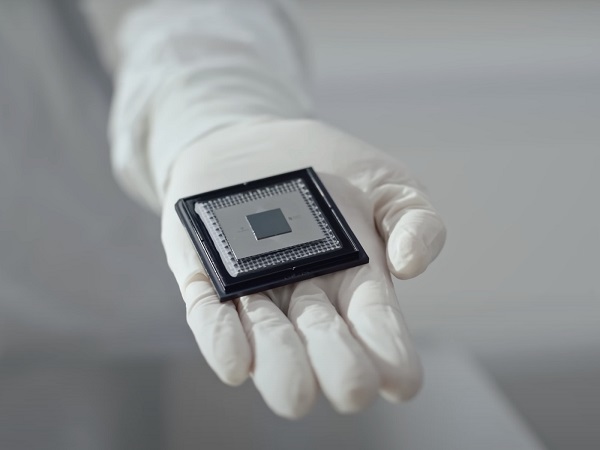Google has recently unveiled its groundbreaking quantum chip, Willow, setting a new benchmark in computational power.
With 105 qubits, Willow represents a significant step in quantum computing, enabling the resolution of problems previously thought insurmountable. However, this advancement also brings with it critical concerns about security, scalability, and ethical implications.
Willow’s Revolutionary Capabilities
Willow is engineered to perform computations far beyond the reach of classical computers. According to Hartmut Neven, Engineering Director at Google’s Quantum AI Lab, Willow solved a problem in five minutes that would take classical supercomputers an estimated 10 septillion years. Neven remarked, “This achievement supports theories involving parallel universes in quantum computation.”
This capability opens doors to transformative applications in fields such as drug discovery, climate modeling, and materials science. However, experts caution that practical, widespread usage is still in its early stages.
Security Concerns in a Quantum Era
One of the most discussed implications of Willow’s advancements is its impact on cryptographic systems. Vitalik Buterin, co-founder of Ethereum, highlighted the potential threats to blockchain security. “We need to start implementing quantum-resistant systems, such as random, one-time-use keys, and possibly consider hard forking blockchains to safeguard against future quantum threats,” Buterin stated.
While Willow’s 105 qubits are not yet sufficient to break current cryptographic standards, its progress signals the urgency for industries to prepare for a quantum-secured future.
Balancing Hype with Reality
Despite Willow’s achievements, some experts urge caution. Professor Winfried Hensinger from the University of Sussex called the chip a “critical milestone” but noted that the journey toward practical quantum computing remains long and complex. Similarly, Professor Britton Plourde of Syracuse University pointed out that Willow’s hardware does not dramatically advance superconducting systems, emphasizing the challenges in scaling quantum processors for broader applications.
Ethical and Resource Challenges
The ethical implications of quantum computing also merit attention. The technology’s potential misuse—from breaking encrypted communications to exacerbating inequalities—is a growing concern among experts. Additionally, the significant energy consumption of quantum systems raises sustainability questions in an era of climate consciousness.
The Road Ahead
Willow’s unveiling marks an exciting chapter in quantum computing, blending scientific breakthroughs with cautionary lessons. As Professor Hensinger aptly noted, “This is both a celebration of human ingenuity and a reminder of the challenges we must address to ensure these technologies benefit humanity.”
As industries and governments brace for the quantum era, the balance between innovation and preparedness will define the trajectory of this transformative technology.
Also Read
IBM to Unveil Largest Quantum Computer Yet in 2025, Revolutionizing Technology and Industry
Tullow Oil Shares Surge Following Successful Tax Arbitration Victory in Ghana
